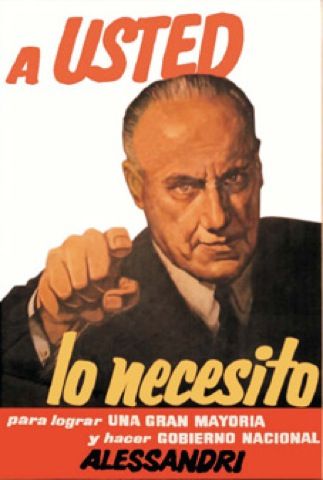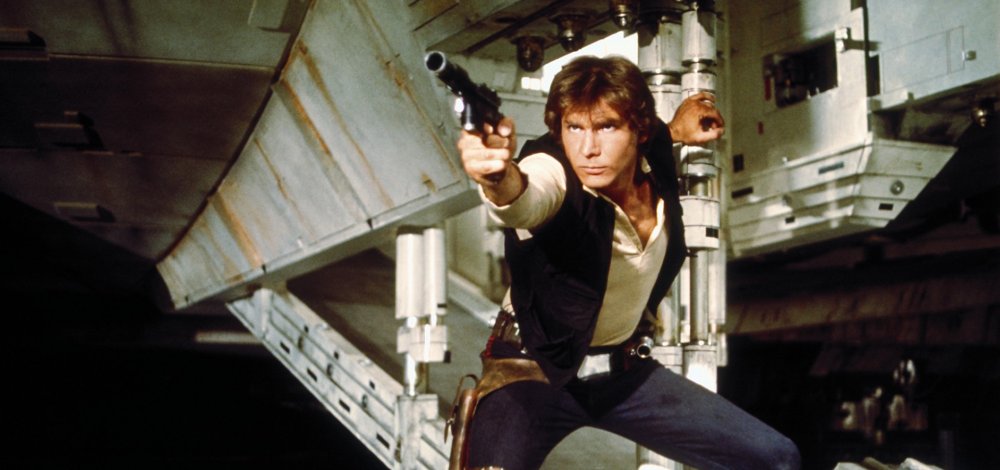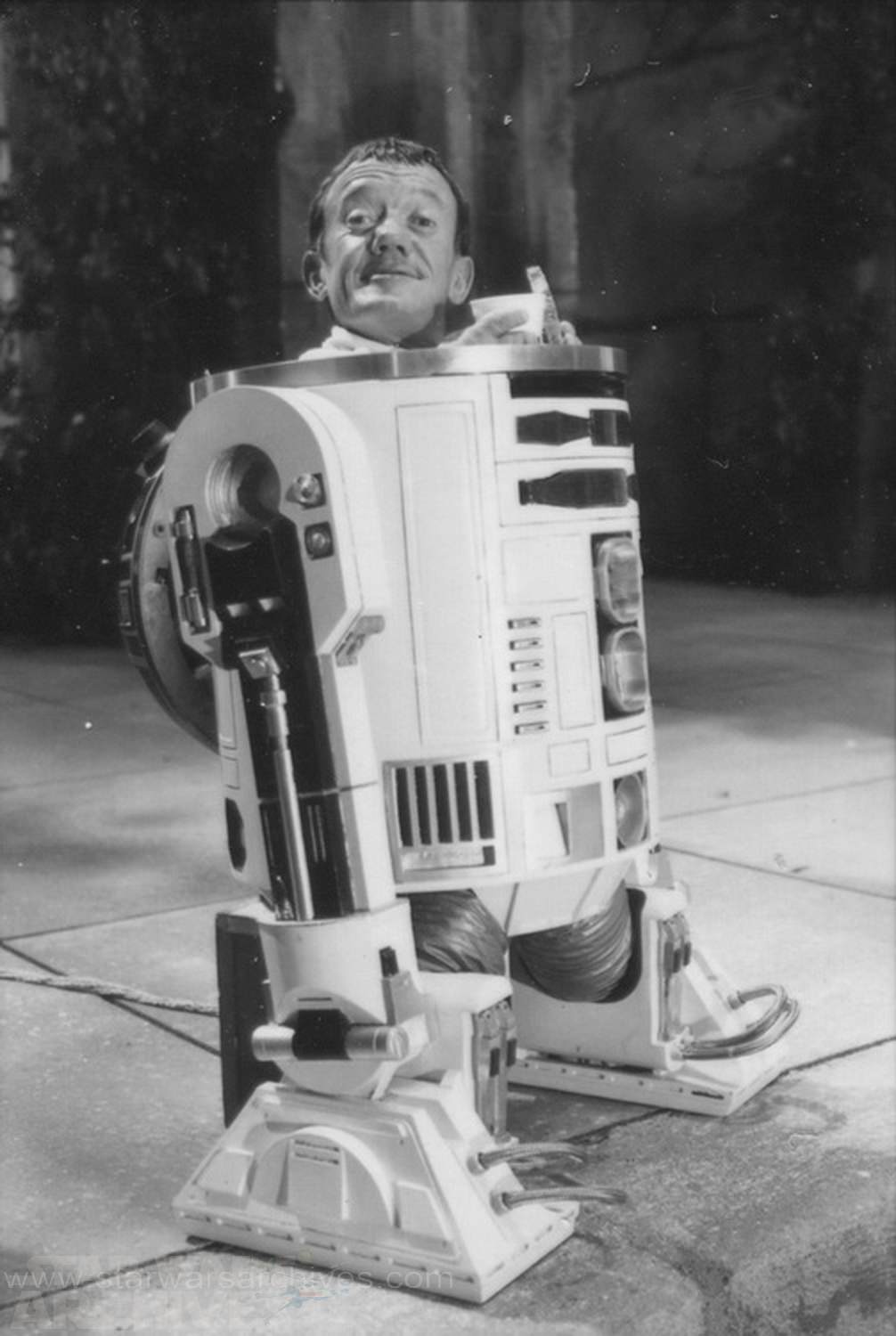

 |
| Allende y su relación con el Partido Comunista |




 |
| Allende y su relación con el Partido Comunista |


 |
| Milo Ventimiglia as Jack |
 |
| Mandy Moore as Rebecca |
 |
| Justin Hartley as Kevin |
 |
Niles Fitch (Randall), Hannah Zeile (Kate) & Logan Shroyer (Kevin) |
Blog Rating: 8.80 out of 10
 |
| Carrie Fisher as Princess Leia |
 |
| Mark Hamill as Luke Skywalker |
 |
| Harrison Ford as Han Solo |
 |
| David Prowse as Darth Vader |
 |
| Alec Guinness as Obi Wan Kenobi |
 |
Kenny baker as R2D2 |
 |
Anthony Daniels as C3PO |
 |
| Peter Cushing as Grand Moff Tarkin |
/cdn.vox-cdn.com/uploads/chorus_asset/file/16208054/peter_mayhew_chewbacca.jpg) |
| Peter Mayhew as Chewbacca |
 |
| Swedish poster (1977) |
 |
| The Hindenburg flying over New York City |
 |
| Inside view of the Hindenburg |
Blog Rating: 9.15 out of 10
The
demonstrations of the truckers continue, mainly on routes 5 South (which
includes the Santiago-Concepcion section) and 160. It should be noted that
yesterday afternoon the representatives of the truckers met with government
delegates in search of reaching an agreement and be able to finish strike.
However, during the night the truckers reported that they would not end the
strike until the armed forces guard the highway.
In relation to the same topic, please note news from a local newspaper:
Despite the fact that five groups of truckers accepted an agreement with the government, to put an end to the mobilizations that the unions maintained due to the latest attacks that cargo drivers have suffered in the South Macrozone; this Friday some truckers continue on strike.
The presidential delegate of Biobío, Daniela Dresdner, had indicated on Thursday afternoon that “we have reached an agreement with the different organizations with which we began to talk since Sunday. Today we are reaching this agreement that will allow us to advance in the solutions to the underlying problems, which are the security problems, but also to ensure some conditions for the families and for all the people who are and have been in danger”.
However, a group of transporters maintain the mobilizations and as a result Route 5 (main Chilean highway) is cut off at Duqueco (Los Angeles, Bío Bío Region) with a path enabled in each direction of Route 5 for the transit of minor vehicles, small trucks, buses and transportation of essential goods in general.
Specifically, the transporters indicated that they have a condition to stop the mobilizations on the routes: while the constitutional reform that would allow an intermediate state is worked on and enacted, they request that the State of Constitutional Exception be resumed in the area to allow the presence of the Armed Forces as a result of the acts of violence.
In this regard, the president of the Federation of Freight Transport Workers, Eriberto López, mentioned that "in the document -in its first paragraph- it never speaks of an agreement, it speaks of proposals, but here today to get out of this, while the enactment of the law, we came out with a State of Constitutional Exception and it will depend on their speed so that this State of Constitutional Exception lasts as little as possible”.
"The State of Constitutional Exception is the necessary guarantee that would be needed to finish the strike," López said.
In addition, the leader added that "this is still an intermediate state because according to our vision and according to the vision that the country has, a State of Siege should be decreed in the area of the forest macrozone."
In a public statement, the Federation of Transport and Forest Unions (Fetracarfor) expressed “absolute distrust of the political class in this country. Permanently, all sectors have shown their indolence and little will to solve the problem of violence that affects the workers and families of the southern macro zone”.
In the letter, the carriers added that they feel "helpless and completely abandoned by the authorities."
 |
| Terrorist attack in the South Macrozone |
In the statement, the union warns that, if "the State of Exception is not implemented immediately in the southern macrozone and the Province of Arauco", they will remain mobilized on the routes.
The National Confederation of Truck Owners of Chile (CNDC), reported that this day they will hold a "Regional Meeting of Truckers" in the city of Concepción, where they will discuss the agreement reached with the government.
Through a statement, published this morning on its twitter account, the union announced that the agreement seems to them an "advance" but they assure that "there is a lack of law that protects highways and works."
Regarding the creation of the intermediate states, the Minister of the Interior, Izkia Siches, assured this morning that "we have been analysing different measures to be able to advance in the protection of the roads, as well as the support of our Armed Forces."
And in that sense, she affirmed that a project is being prepared to replace the one that is already in a mixed commission, with different characteristics from the critical infrastructure project presented during the previous administration.
On this, from the Fetracarfor union, they described as "insufficient the constitutional proposal of an intermediate state, since we will not know how long this will be processed in Congress and if in the future it will prevent us from freely demonstrating on the highways of the south", they wrote in a statement.
Source: La Tercera
Property
Other issues consulted are related to the concept of ownership, for example, what should happen in the event of an expropriation by the State of a person or company, where 75% support the idea that the affected party be compensated with the market value. The issue has not yet been defined in the Convention, but so far it has been agreed to pay "a fair price", a rather ambiguous expression when we think of what the State must pay for an expropriated asset.